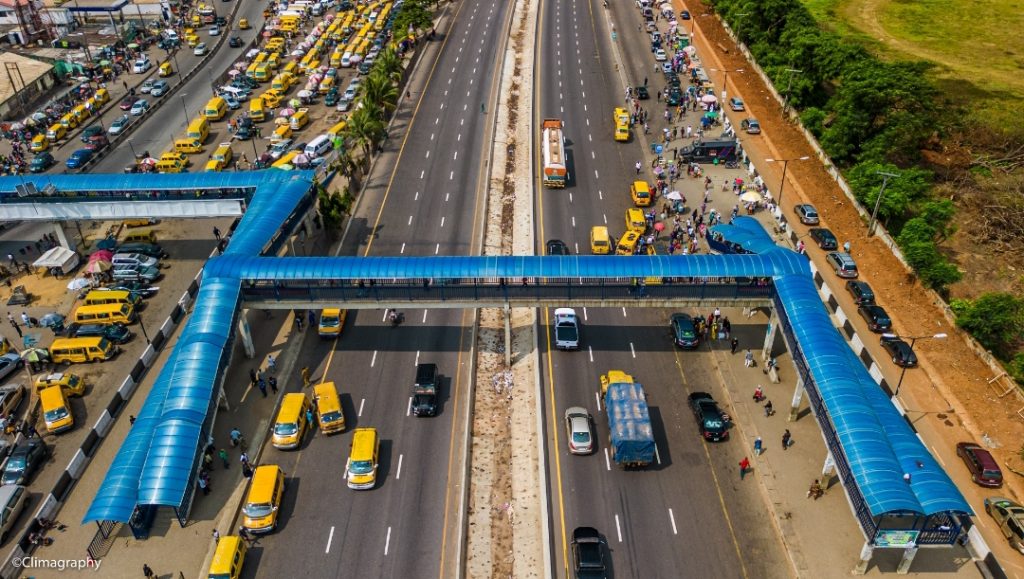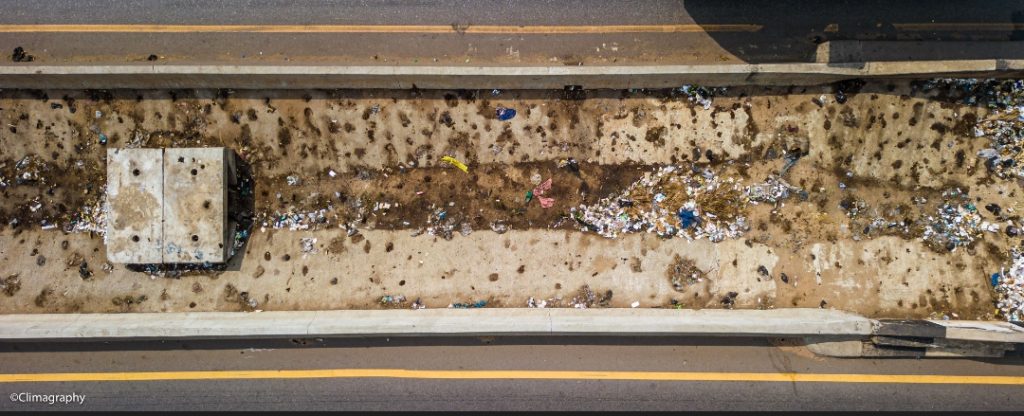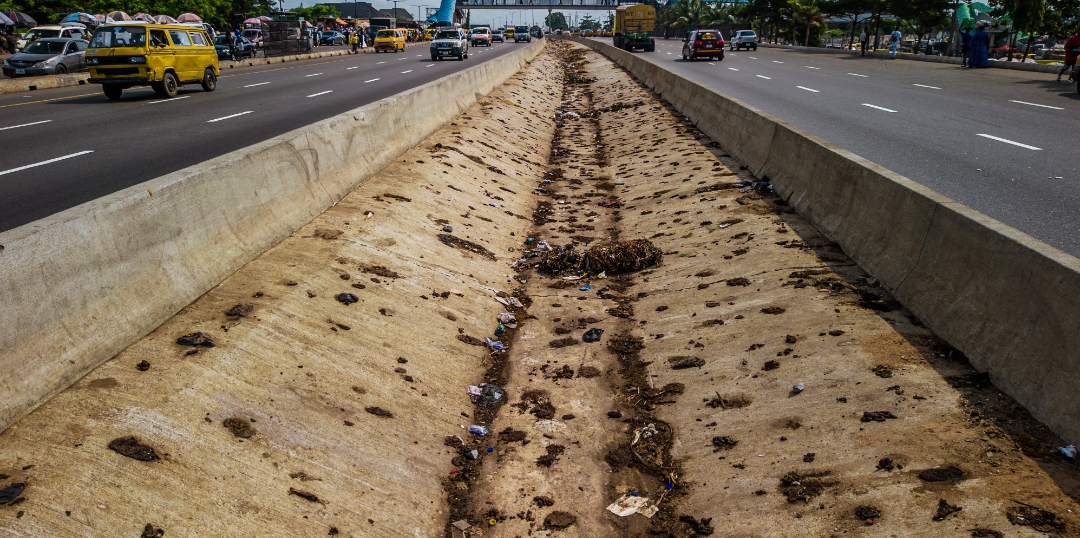By Adebote Mayowa
I’ve recently been very mindful of my words and public posts, as it appears that the Lagos State government perceives my documentary work as critical of their actions. I discussed this concern with some staff members of the Lagos State Ministry of Environment during a stakeholders’ meeting yesterday.
While I acknowledge the efforts of the current Lagos State government, particularly the proactive measures taken by the Commissioner of Environment, Tokunbo Wahab, since assuming office to address and mitigate the impact of climate change, I also recognize my responsibility as a documentary photographer and photojournalist to report on the issues faced by communities.
My intention is to bring these challenges to the government’s attention, not to criticize, but to highlight areas where support is needed.
In light of the ongoing environmental challenges in Lagos, particularly in the Ojodu-Berger area, I urge the Lagos State government to take more proactive measures to address the issue of open defecation.
Ojodu-Berger, serving as a key entry and exit point in Lagos, has become notorious for the foul stench that greets residents and visitors alike. This is not just an aesthetic concern but a significant public health and environmental issue.

Despite being Africa’s largest city and a major economic hub, Lagos struggles with inadequate sanitation facilities, especially in low-income areas and informal settlements.
This has forced many residents to resort to open defecation, which poses severe health risks. A bus driver I spoke to recently mentioned that this activity often occurs at night, further complicating efforts to control it.
Given that the individuals involved are often garage workers, drivers, and conductors, I strongly recommend that the government enforce stricter sanitation laws in these areas.
This issue is particularly urgent considering Lagos recently faced a cholera outbreak. Open defecation is a known contributor to the spread of waterborne diseases like cholera, typhoid, and diarrhea, which are rampant in densely populated areas with poor sanitation. The risks are even greater during the rainy season when floods can carry contaminants far and wide.
While I call on the Lagos State government to take immediate action, I also appeal to NGOs and private organizations to collaborate in addressing this issue. Public awareness campaigns and the construction of sufficient public toilets are crucial steps toward resolving this crisis.

Addressing the open defecation problem in Lagos is not just a matter of public health but also a critical step in tackling broader environmental challenges in the state.
Adebote Mayowa, is a Nigerian-based independent documentary photographer and videographer mostly working on the socio-economical impacts of Climate Change
NB: Photographs supplied by environmental photojournalist, Mary Adebote.

